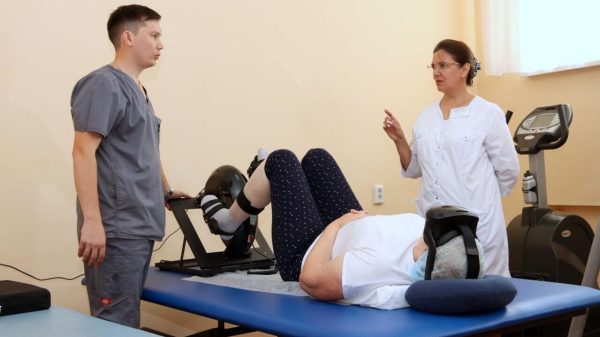Early diagnosis of Alzheimer's will help prolong the conscious life of the patient
Scientists from Boston University have developed a new artificial intelligence algorithm that analyzes the speech characteristics of people with mild cognitive impairment (MCI). It can predict progression from MCI to Alzheimer's disease within six years with 78.5 percent accuracy.
 Photo: ru.freepik.com
Photo: ru.freepik.com
The new study follows up on an earlier analysis by the US team, in which they trained a model using voice recordings from over a thousand people to accurately detect cognitive impairment.
Their new algorithm was trained on transcribed audio recordings of 166 people with MCI aged 63– 97 years old. Since the team already knew who had developed Alzheimer's, they could use a machine learning approach to find features in their transcribed speech that would link the 90 people who would have cognitive decline due to Alzheimer's.
Once trained, the algorithm could be applied in reverse: trying to predict the risk of developing Alzheimer's disease based on transcripts of speech samples that it had never processed before. Other important factors, including self-reported age and gender, were added to obtain a final prognostic score.
“You can think of this as the likelihood that a patient will remain stable or develop dementia,” explains computer scientist Ioannis Paschalidis. “We wanted to predict what would happen in the next six years, and we found that we could make this prediction with a relatively high degree of confidence and accuracy. This demonstrates the power of artificial intelligence.”
Given that there is currently no cure for Alzheimer's disease, the advantage of early detection of the disease, when the end result remains the same, but scientists have treatments that can in some way — then help cope with Alzheimer's disease.
Moreover, early detection provides more opportunity to study the disease and its progression, and then develop a fully effective treatment. Those who have evidence of a predisposition to developing Alzheimer's disease can take part in clinical trials early.
“If you can predict what will happen, you will have more opportunity and time to intervene with drugs and, accordingly, at least to try to maintain stability and prevent progression to more severe forms of dementia,” emphasizes Paschalidis.
The voice recordings used here were of poor quality. By using cleaner records and data, the accuracy of the algorithm will become even higher. This could lead to a better understanding of how Alzheimer's disease affects us in its earliest stages and why sometimes it develops from MCI and sometimes not.
“We hope, like everyone else, that there will be More and more treatments for Alzheimer's disease are available,” concludes Paschalidis.






















































Свежие комментарии